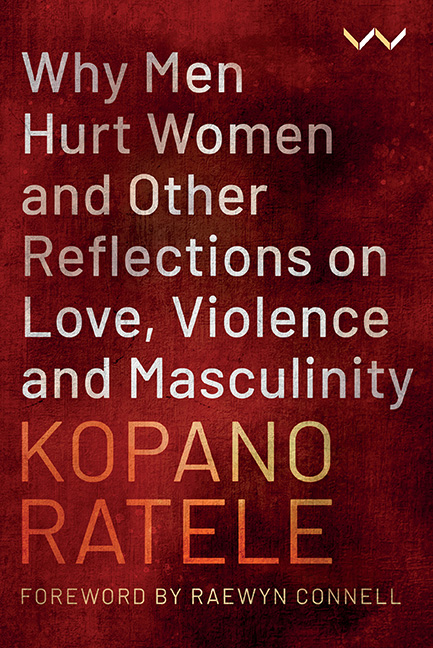36 - When work gets in the way of emotional connections
Published online by Cambridge University Press: 24 November 2023
Summary
The call to my friend I spoke of in chapter 9 reminded me of what we can lose when we neglect to talk with our friends. And what we in fact do lose when we do not share of ourselves. The thing is this: men tend to be masters of not nourishing their emotional relationships. We, the heterosexuals, are taught that tending relationships is the work of women and gays. We might experience the hunger for love I have referred to several times, carry it with us throughout our lives, but emotional development is not for us. Emotions are for weaklings. Soft men. Crybabies.
It is a lie, of course. Emotions are not just the invisible glue that holds a couple together; they also serve as the invisible motor of the self. If there is anything that needs emotional nurturing it is our interior life, our inner being. There is no way around it except to go through it. We cannot permanently avoid talking about feelings, or showing how we feel. Saying we are worried. We are angry. We want to be touched. We feel sad. We are happy.
Talking about things, especially our emotional lives, is something of whose necessity I only became more aware as I matured. It may seem like oversensitive language, too psychotherapeutic, but is it not revealing that we speak of sharing our feelings and thoughts?
But knowing the importance of sharing your inner life or what has been happening in your life does not mean you are always putting the lesson into practice. I blame the demands of daily life. Often enough, we seem to be wanting to get things done, go somewhere, complete a task that looks terribly important, and the imagined to-do list gets in the way of living fully. I mean by this being present in the moment: stopping to watch the butterfly, listening to a neighbour telling you of the kind of week she has had, or putting together something to eat for a few days for a man ringing your doorbell.
- Type
- Chapter
- Information
- Publisher: Wits University PressPrint publication year: 2022



